The winners and losers of summer 2025, from foragers to fishermen, and turtles to trout
Blue skies and rising mercury have been a theme of this summer, but there are always those who thrive and those who struggle in unusual times.

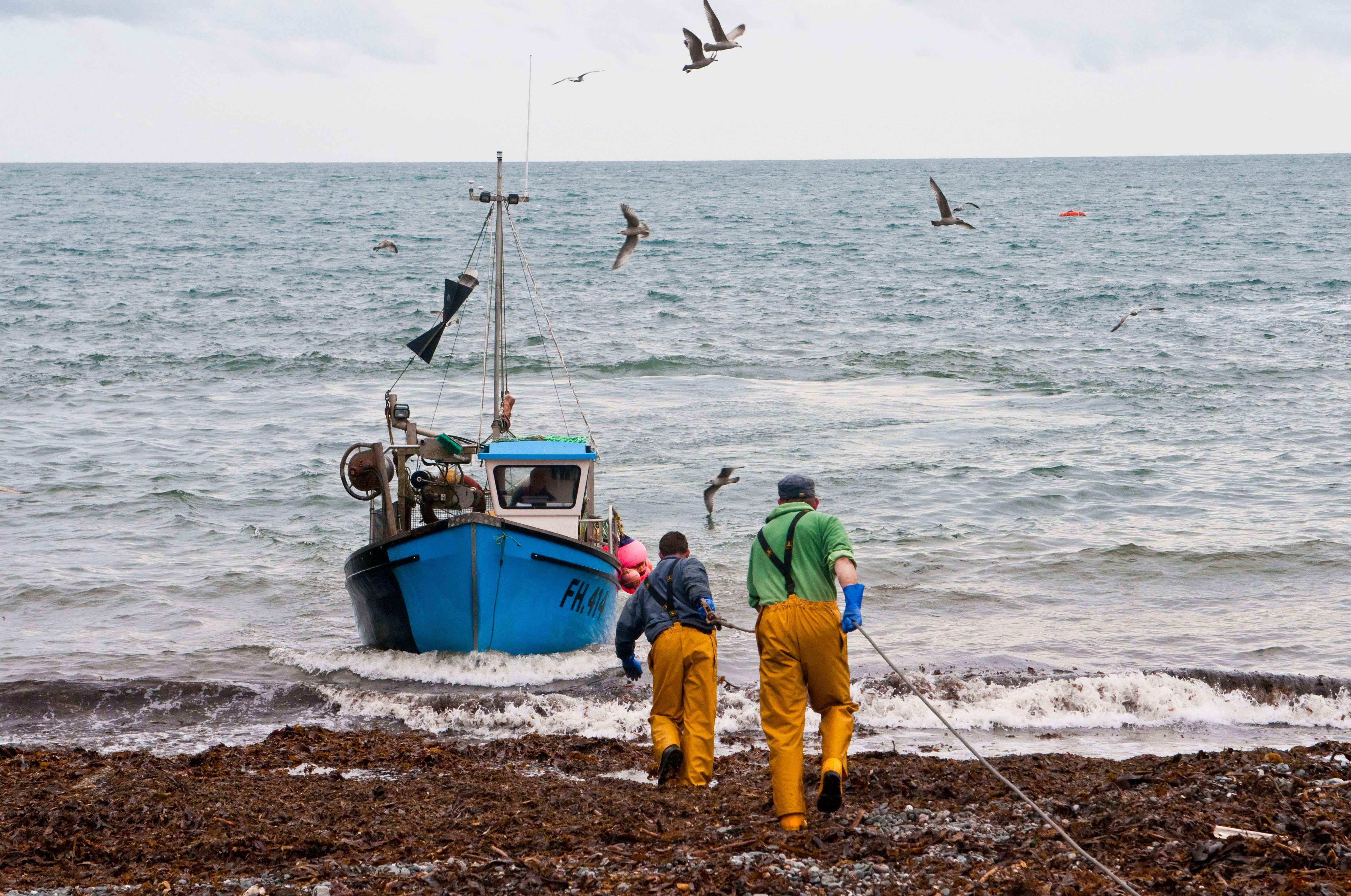
Exquisite houses, the beauty of Nature, and how to get the most from your life, straight to your inbox.
You are now subscribed
Your newsletter sign-up was successful
In life, there are always winners and losers and no more so than when the sun decides to shine on this (once) green and pleasant land.
The Met Office has released provisional statistics that show summer 2025 is shaping up to be one of the warmest on record. Consistently above-average temperatures have been sustained by not one, not two, but four heatwaves, plus below-average rainfall.
According to Met Office scientist, Emily Carlisle, the persistent warmth has been ‘driven by a combination of factors including dry ground from spring, high-pressure systems, and unusually warm seas.’
‘These conditions have created an environment where heat builds quickly and lingers.’
Have you noticed a proliferation of courgettes in your vegetable garden? Or the drone of an unacceptable number of wasps? Have you recently tried to order a crab sandwich on the south coast only to be told that a visiting, hungry octopus has eaten them all? Blame the weather. So, without further ado, here is our list of the winners and losers of summer 2025, ranked from good to bad:
THE WINNERS
Vegetarians
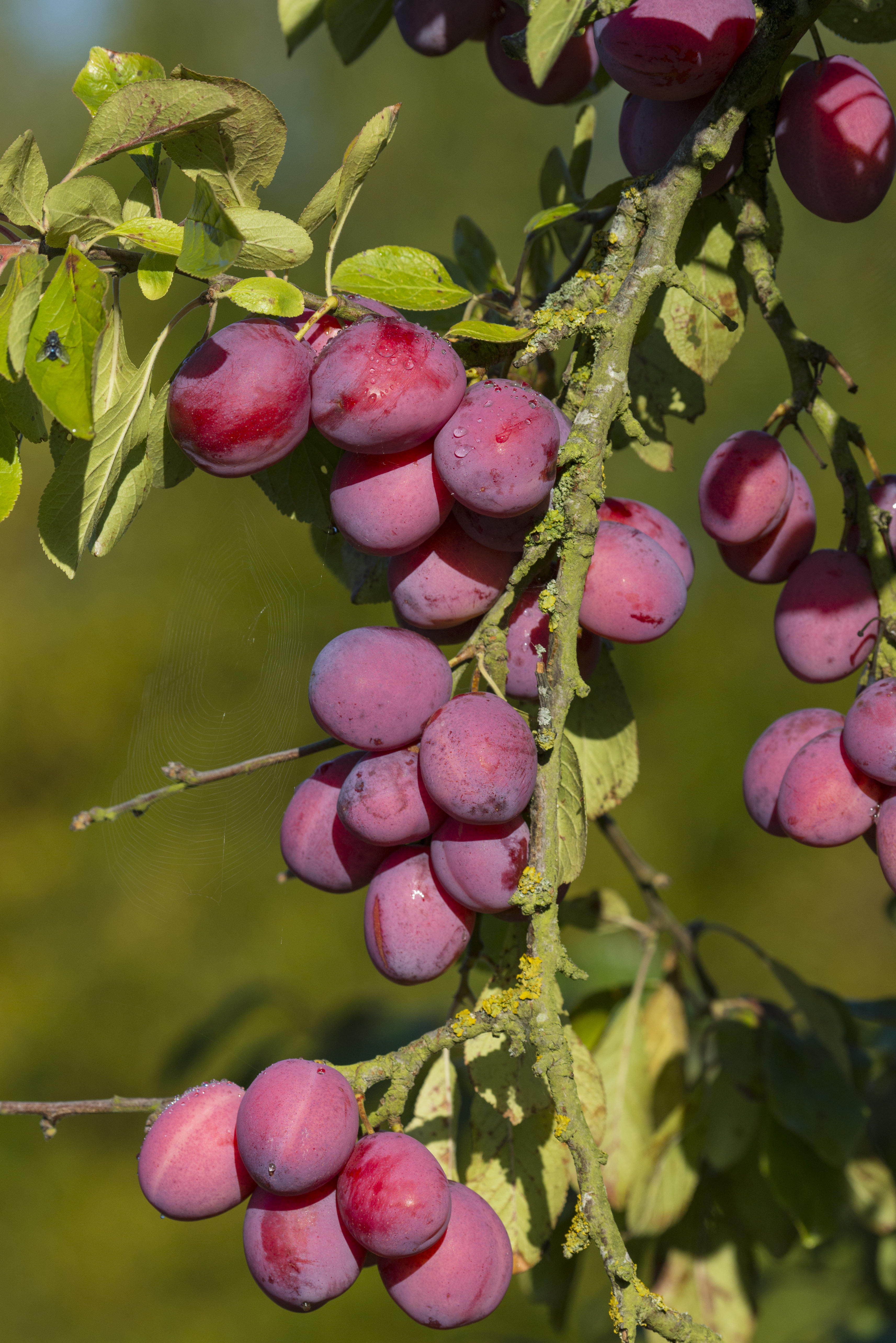
Arable farmers, enthusiastic vegetable gardeners and allotment keepers have reported bumper crops of blueberries, tomatoes, cucumbers, aubergines and courgettes. And the standout winner? Plums, which, according to a BBC report, have had such a fantastic year that production has finally started to recover following a long period of decline.
Staycationers

According to Sykes Holiday Cottages’s annual Staycation Index, almost two-thirds of Britons plan to holiday at home in 2025. Staying put has always been a gamble weather-wise, but when the sun shines, jetting off to St Tropez or Sardinia or Sifnos seems a bit silly.
Exquisite houses, the beauty of Nature, and how to get the most from your life, straight to your inbox.
In July, Shetland and Orkney basked in record amounts of sunshine (in fact, the Shetland Islands had more sunshine than Cornwall for only the eighth time since 1929). However, it wasn’t all doom and gloom further south because a marine heatwave — sea surface temperatures in the Celtic Sea, English Channel and Southern North Sea registered anomalies of 1.5°C to 3°C above the 1982-2012 average — meant ample wildlife spotting opportunities.
Last week, swimmers in Lyme Regis, west Dorset, were filmed cavorting with a bottlenose dolphin; in June, a 7ft leatherback turtle popped up in Devon; and, recently, friends came across a pod of orcas close to the mouth of the Yealm Estuary.
We’d like to take this moment to remind readers to approach all marine wildlife with caution and care, or not at all. Whale and Dolphin Conservation (WDC) has some handy advice, here.
Foragers
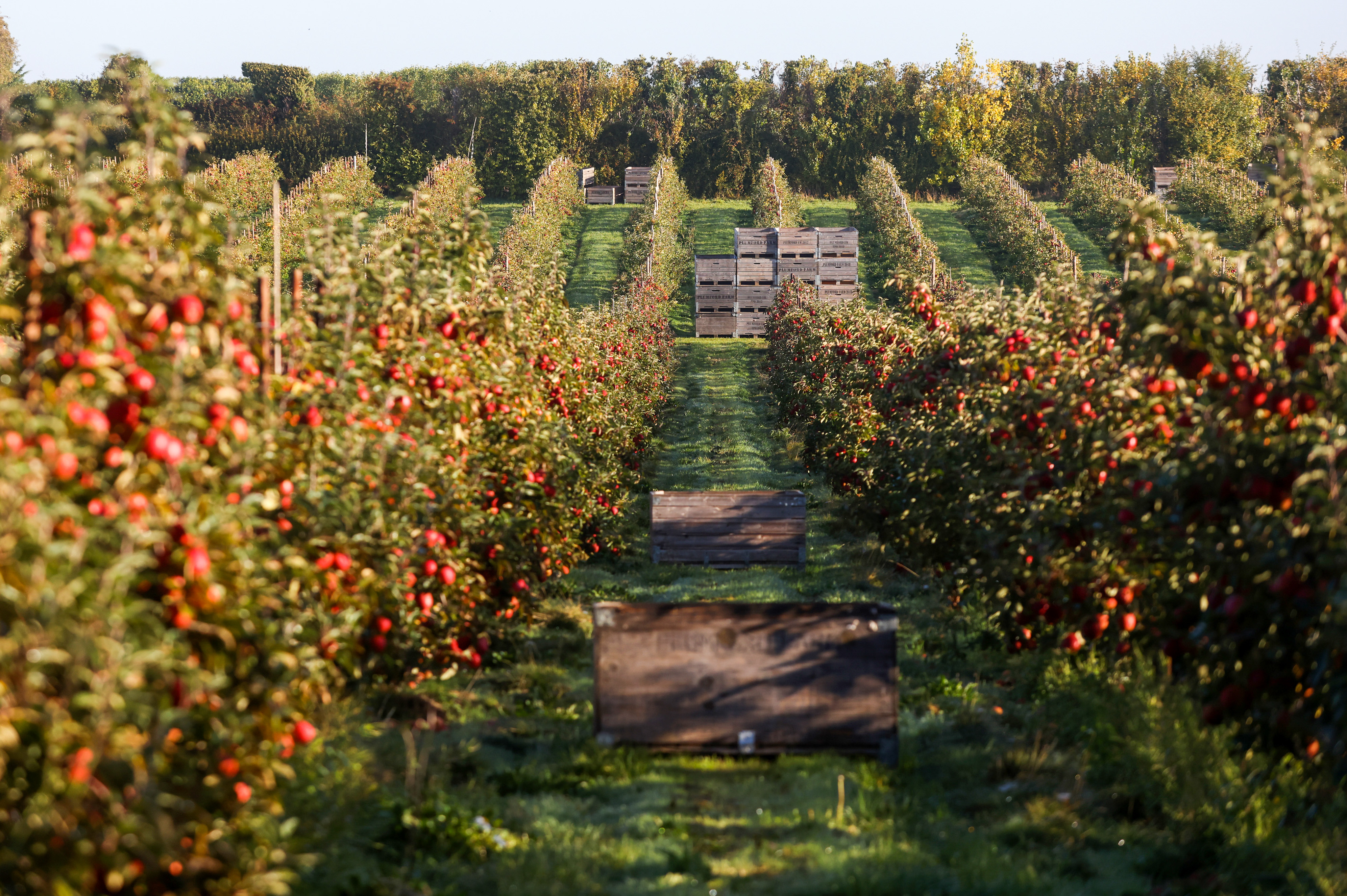
This Autumn, don’t bother with Waitrose; instead make straight for nature’s own larder. The apple trees are already groaning under the weight of ruby red and blush pink fruit, the blackberries look like they are on steroids, and the sloes are plump enough to forage for weeks before the season typically starts.
Country Life’s Editor-in-Chief, Mark Hedges, has also reported a strong showing from the holly berries, which you should pick in the last week of November in preparation for Christmas (if you wait until December, the birds will have eaten them all).
Winemakers
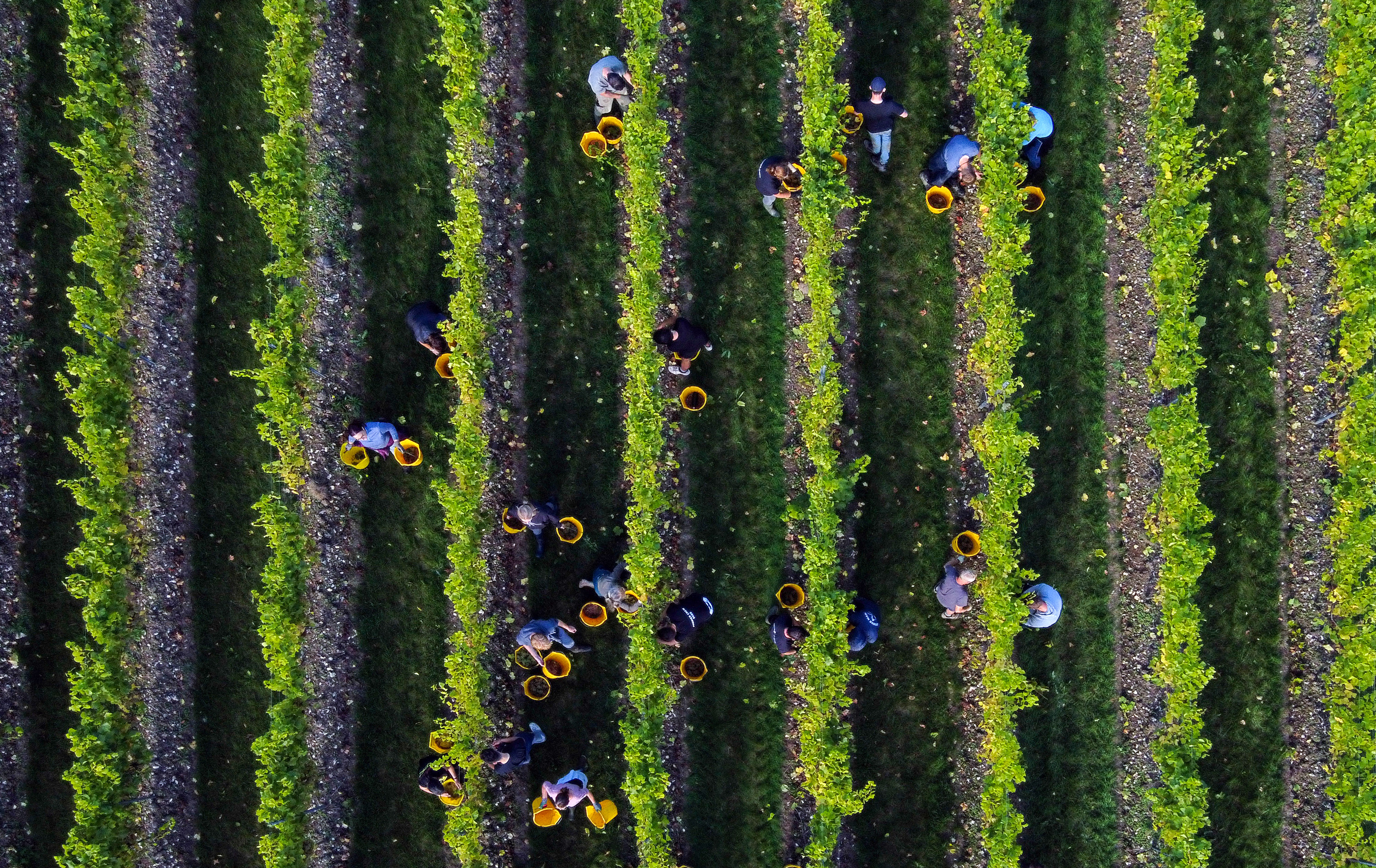
The lack of spring frost and subsequent sunshine means things are looking rosy for English vineyards — following a difficult 2024 season.
WineGB’s annual report, released last month, presents a healthy picture for the industry, with areas planted up 510% in 20 years to nearly 12,000 acres.
However, some winemakers are cautious, highlighting the increased number of wasps, which have a tendency to attack the vines.
THE LOSERS
Fly fishers
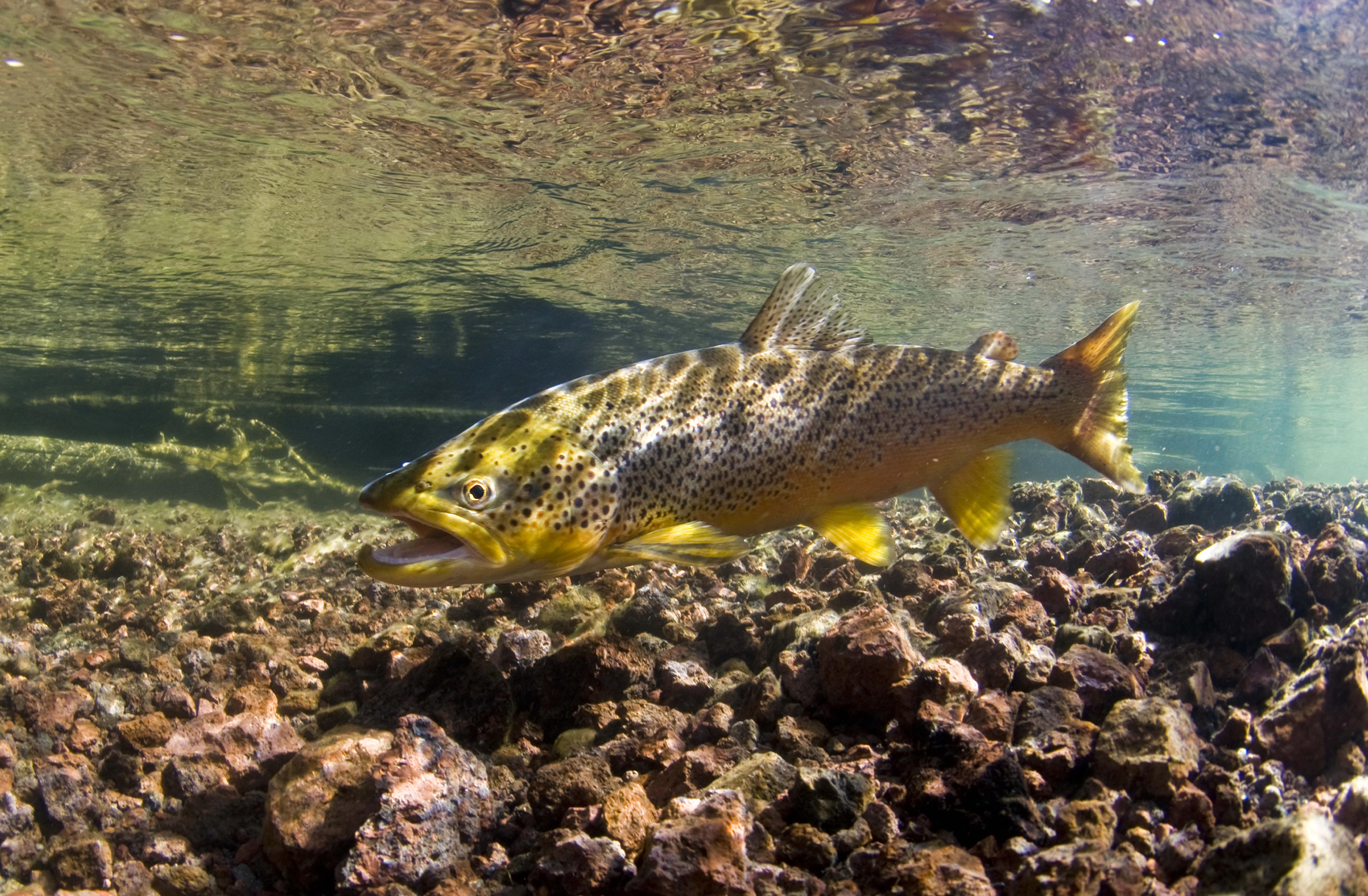
The UK is currently in the throes of a ‘nationally significant’ water shortage. Reservoirs and rivers are continuing to go down, and drought has been declared in Yorkshire, Cumbria and Lancashire, Greater Manchester Merseyside and Cheshire, East Midlands and the West Midlands. As such, conservationists are asking kayakers and paddleboarders to be mindful of their movements while on shallow water.
Meanwhile, it’s bad news for keen fly fishermen and women because cold-water fish, such as trout and salmon, are suffering from reduced water levels and increased water temperatures — which, in turn, leads to a lack of oxygen in the water and habitat loss.
Crabs, lobsters and scallops

The rare bloom (or plague, depending on how you want to view it) of common octopus in the South-West is so noteworthy that Devon County Council, Plymouth City Council and DEFRA have announced a joint study to investigate its causes and consequences.
One obvious consequence is the lack of crab, lobster and scallops on local restaurant menus. The surge in octopus numbers was first reported by fishermen earlier this year with anecdotal accounts describing crab and lobster catches replaced by the eight-legged, intelligent animals almost overnight.
Grazing animals
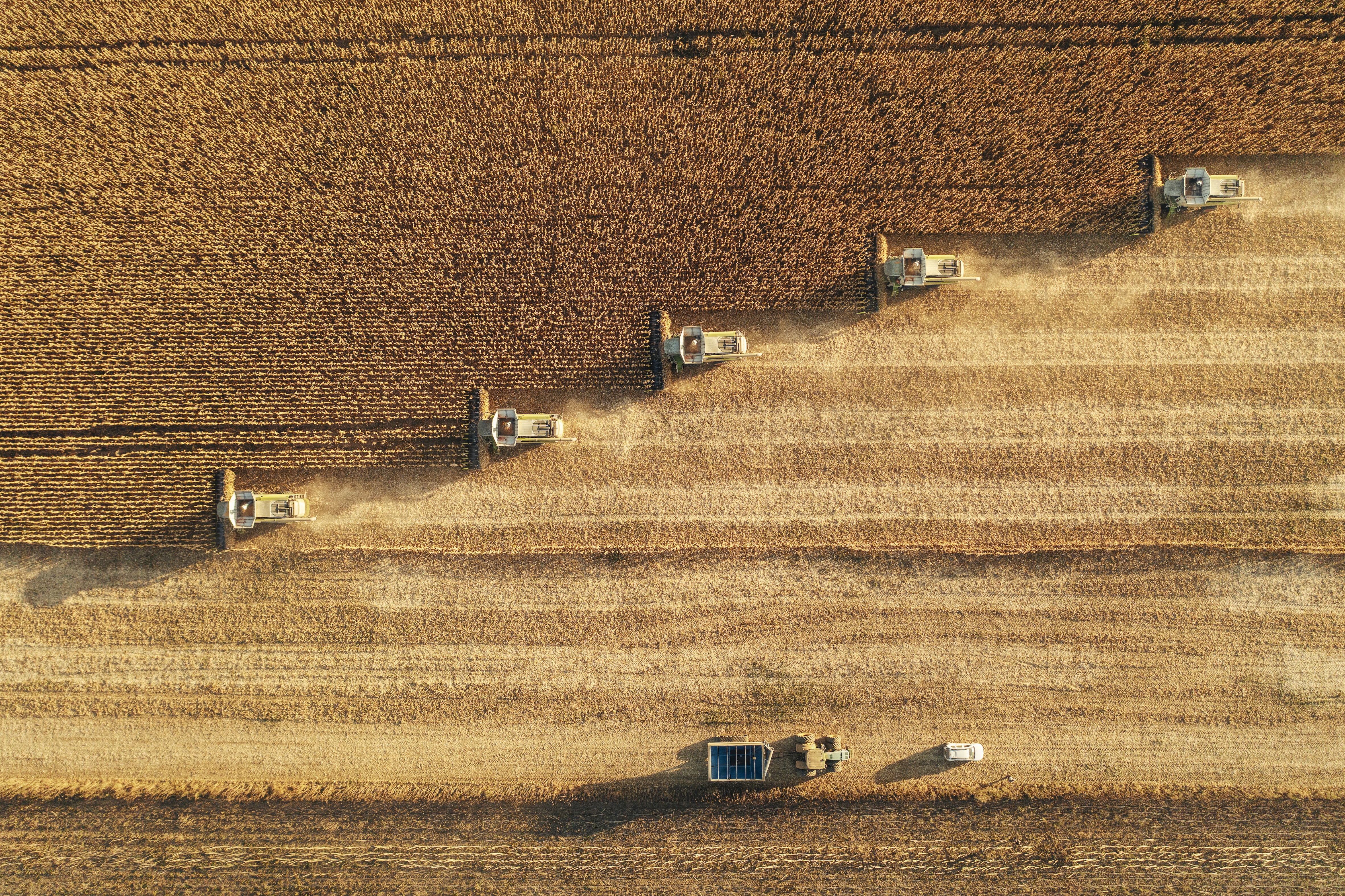
Scorched grass means that dairy and sheep farmers — and, to some extent, horse owners — are staring down the barrel of a financial crisis, forced to spend thousands of pounds feeding their animals grain or hay that would normally be saved for winter.
Furthermore, farmers are reporting that this year’s hay harvest has little to no nutritional value because the stems are devoid of leaves — the sugary and nutritionally dense part. However, the damage was done, not in summer, but in spring — the most important season for plant growth — the warmest and sunniest, and the driest since 1893.
Cereal farmers have also been impacted; though wheat yields were only down 1% on average, data showed major variability between farms. Jeremy Clarkson, who farms in Oxfordshire, labelled the harvest ‘catastrophic’.
Rosie is Country Life's Digital Content Director & Travel Editor. She joined the team in July 2014 — following a brief stint in the art world. In 2022, she edited the magazine's special Queen's Platinum Jubilee issue and coordinated Country Life's own 125 birthday celebrations. She has also been invited to judge a travel media award and chaired live discussions on the London property market, sustainability and luxury travel trends. Rosie studied Art History at university and, beyond Country Life, has written for Mr & Mrs Smith and The Gentleman's Journal, among others. The rest of the office likes to joke that she splits her time between Claridge’s, Devon and the Maldives.
